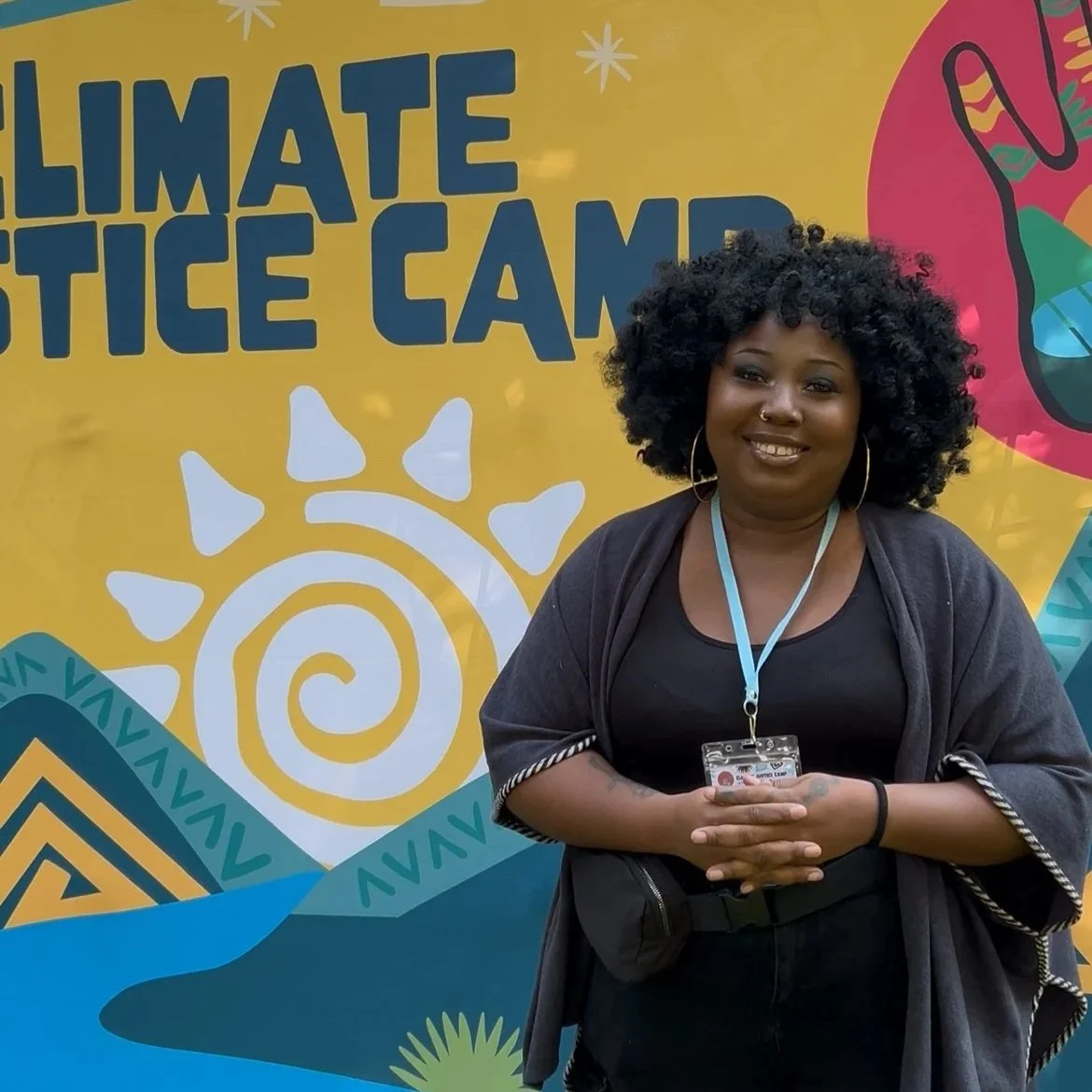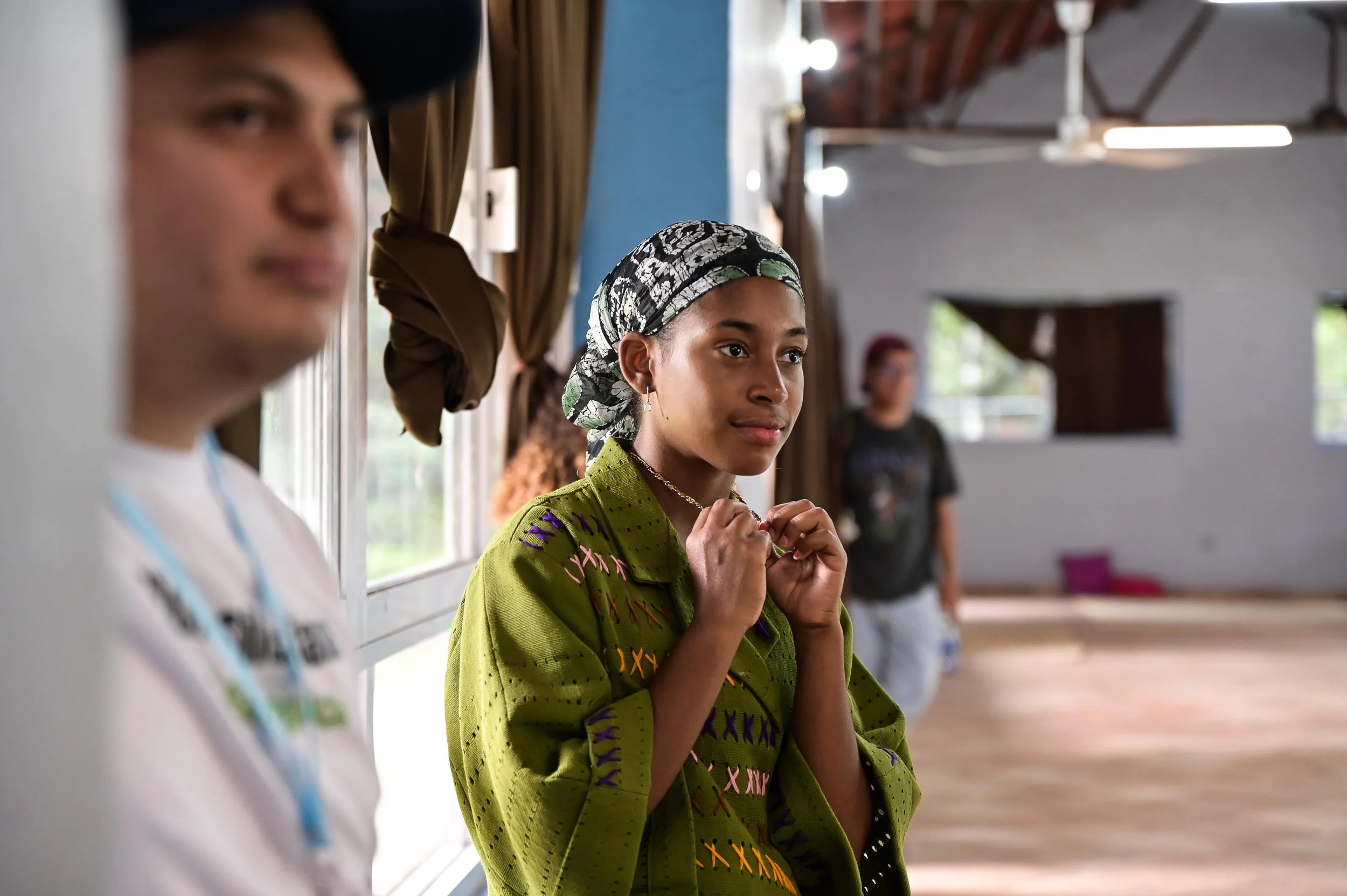A Global Village for Climate Justice
Words by Natalie Sifuma
In the valley town of Tepoztlán, just a short drive from the restless heart of Mexico City, something extraordinary unfolded this September. From 11–15 September, voices from across Latin America, the Caribbean, Africa, Asia, Europe, and the Americas came together—not in the cold sterility of a conference hall, but in the warmth of open air, surrounded by mountains and carried by the pulse of collective hope.
The Climate Justice Camp, organized by Roots People and a constellation of activist networks, was a gathering that wove stories, and a patchwork of struggles and triumphs, stitched together by those who refuse to stand still while the earth cries out.
Sisters in Climate entered this space as kin, welcomed by the Latin American community that hosted us, and embraced by the many faces that turned the camp into a global village.
We danced between languages, laughed with strangers who quickly became family, and listened to voices that carried both grief and determination. What struck us most was not the differences in our journeys, but the thread that bound us all; the knowledge that climate justice is not optional, but vital, and it begins with each of us — no matter where we come from, or where we are in the world.
In our various conversations, we unpacked the different ways Sisters around the world are building momentum from different corners of the world.
Within this global village, certain encounters stood out—conversations with Sisters whose paths lit up the many ways climate justice is being shaped across continents.
We met Princess A. Charles from Trinidad & Tobago, who carries a lantern into the intersection of labour rights and climate justice.
Through the “Redefining Work” series, she and her team peel back the layers of how climate change touches workers’ lives. Her research flows directly into free virtual workshops, turning knowledge into accessible tools for collective protection.
In a few conversations with Krys Cerisier, who, while based in the Bronx, is rooted in the Haitian-Panamanian diaspora, we learned how journalism can be both strategic and transformative.
As a multimedia storyteller, Krys breathes life into narratives of justice, environment, and identity, weaving words and images that bridge cultures and struggles.
Then there was Amara Nwuneli from Nigeria.
At 18, she carries a determination that feels both fresh and deeply rooted. In Lagos, she is cultivating youth-led projects that spark awareness and action, and she eagerly shared about the climate-cultural festival she’ll be hosting this December—an offering that blends urgency with art, activism with celebration.
Leaving Tepoztlán, we carried more than memories. We carried the rhythm of voices rising in unison, the comfort of shared meals, the wisdom of strangers who became Sisters. The camp reminded us that climate justice is alive in the people who dare to imagine and build another world. And it is in their hands, voices, and dreams that tomorrow is already taking shape.
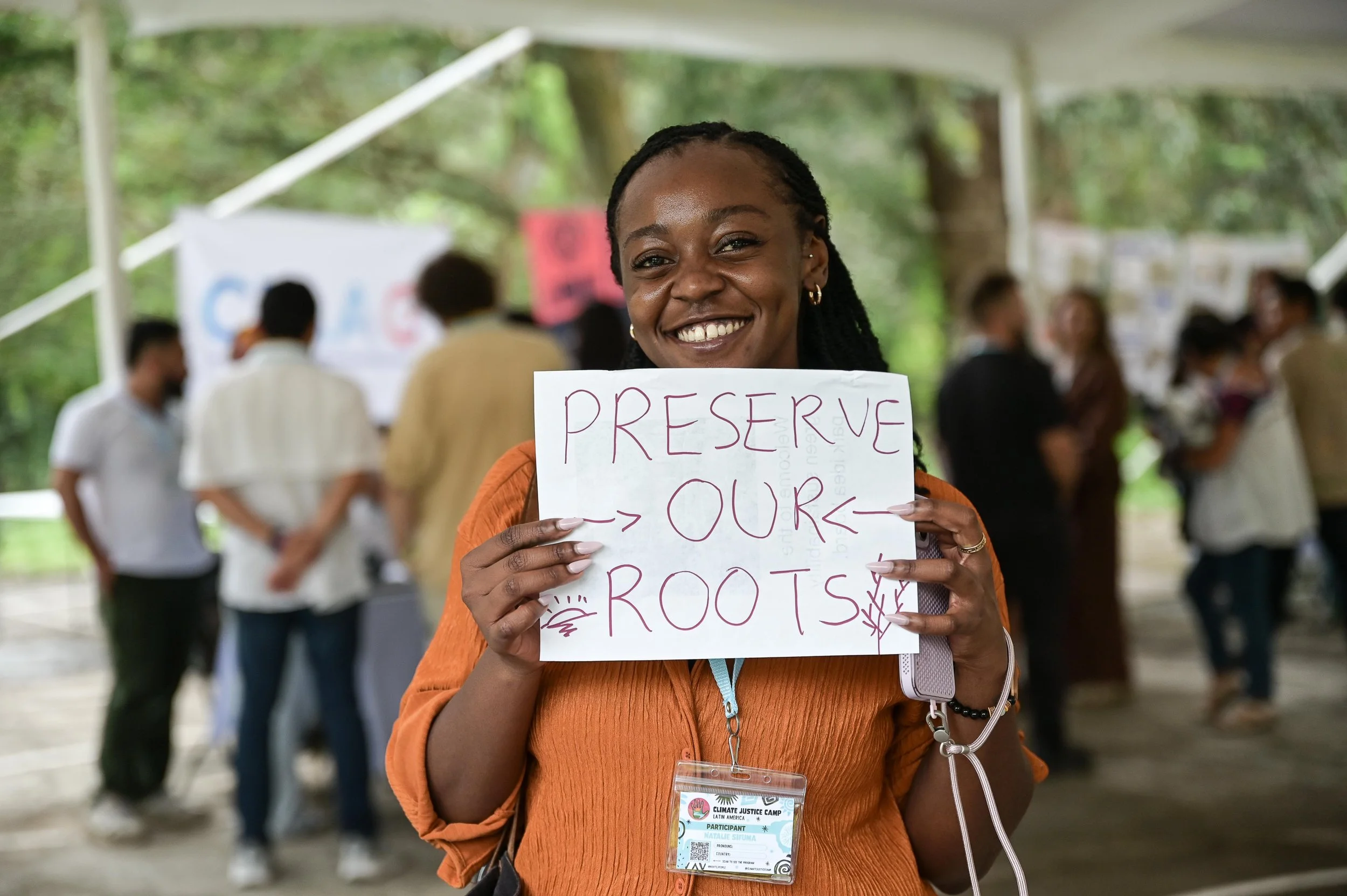
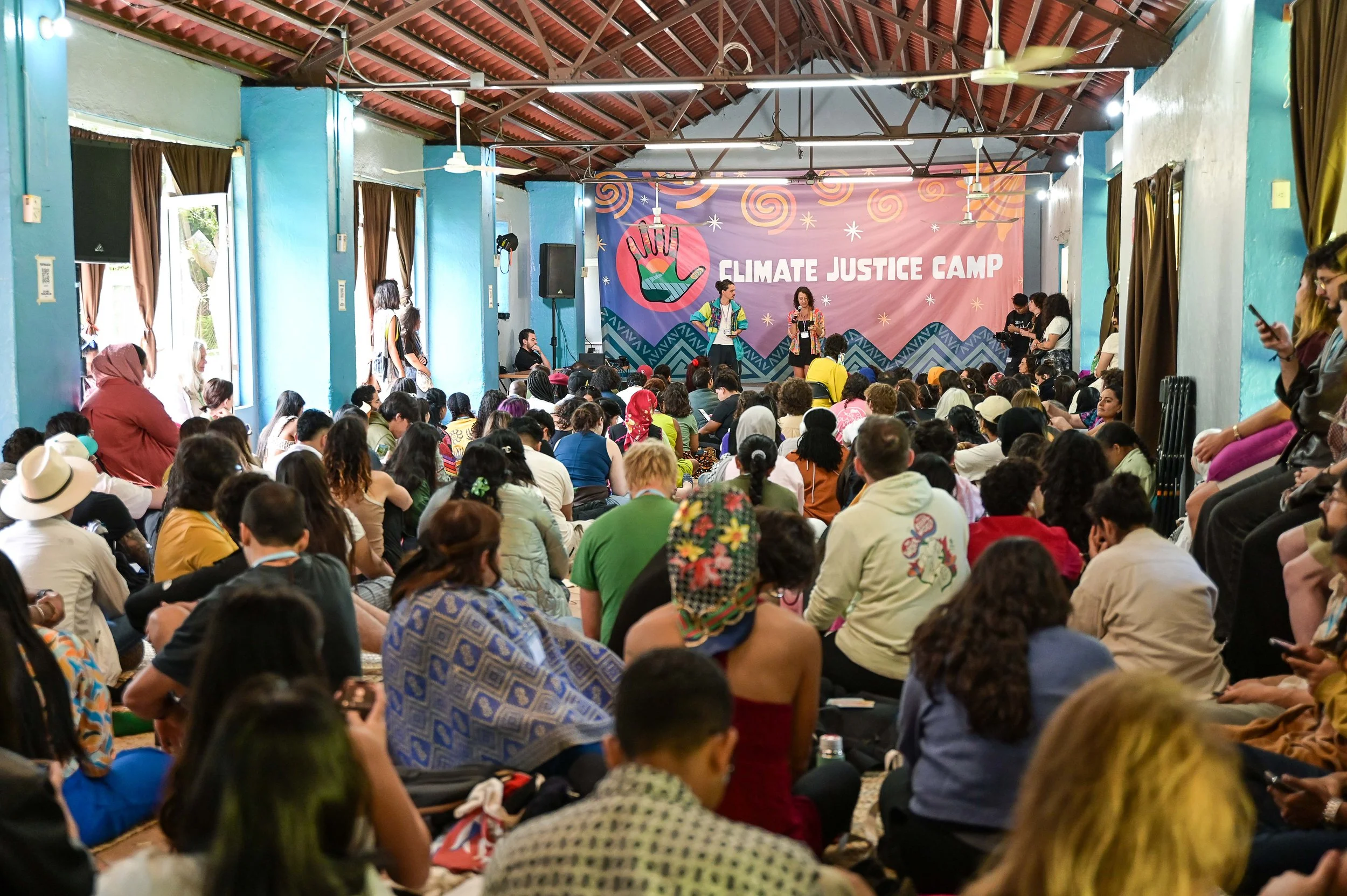
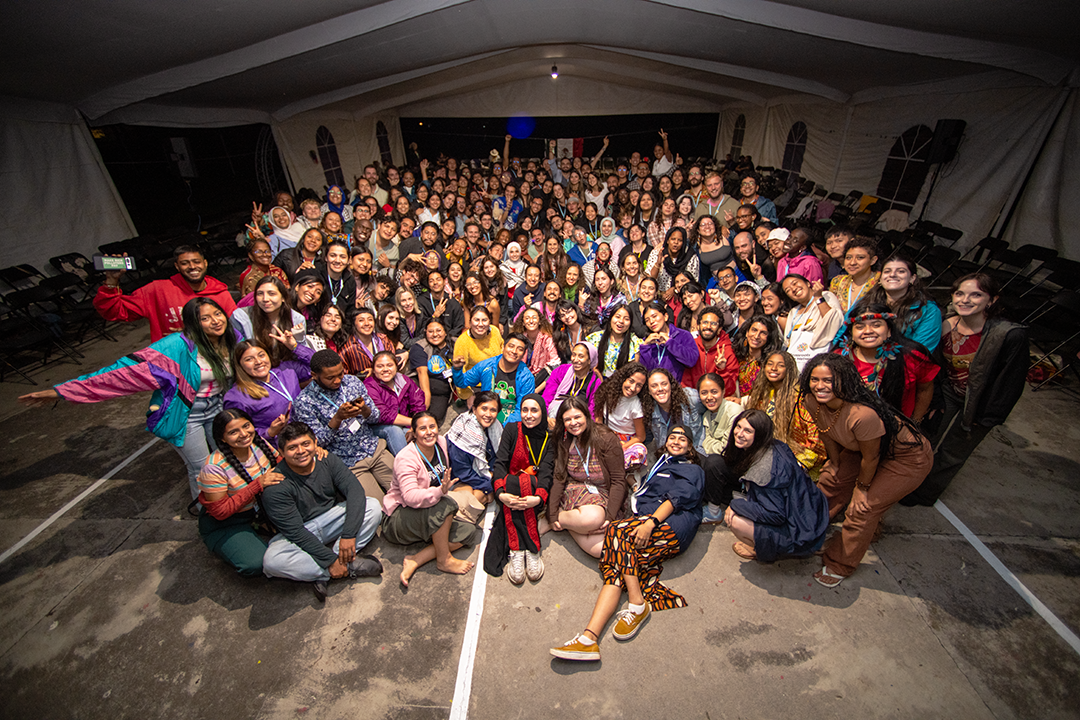
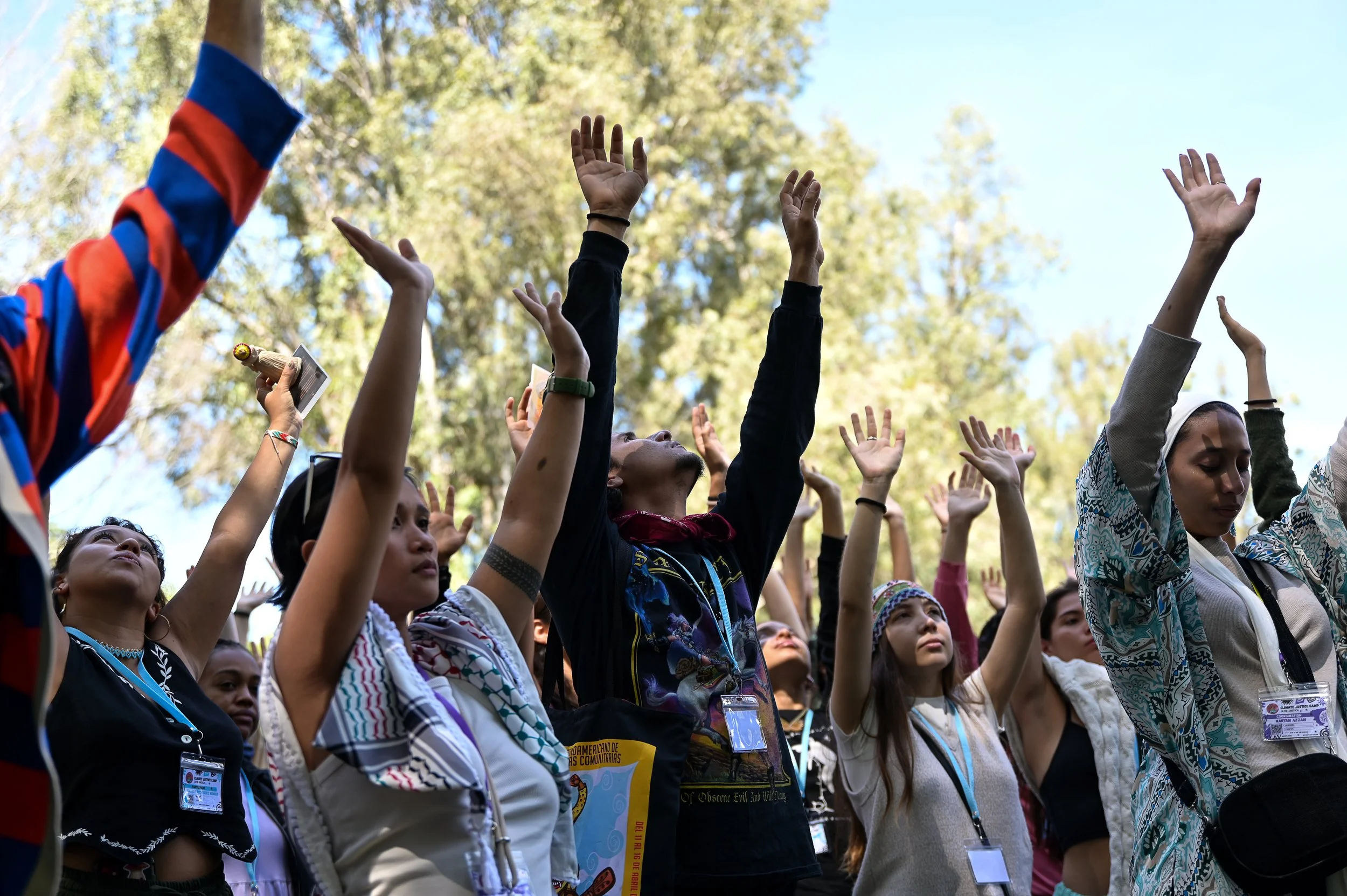
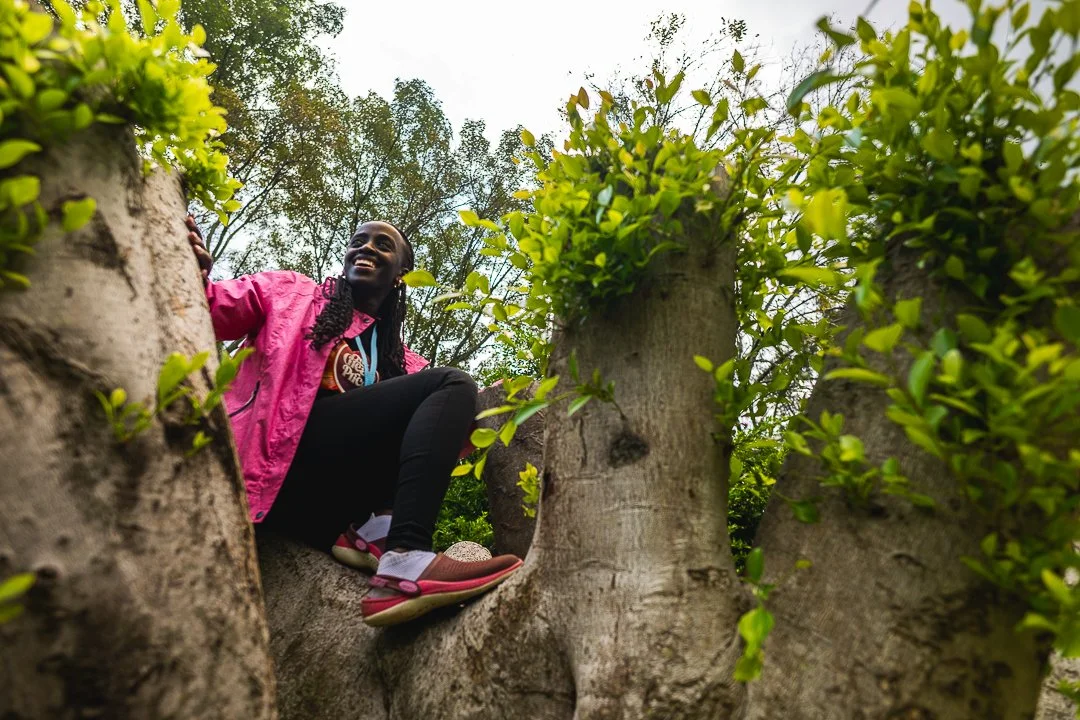
Footnote: Natalie Sifuma attended the Climate Justice Camp as a representative of Sisters in Climate and in her capacity as a development communications professional with a focus on climate and gender.

